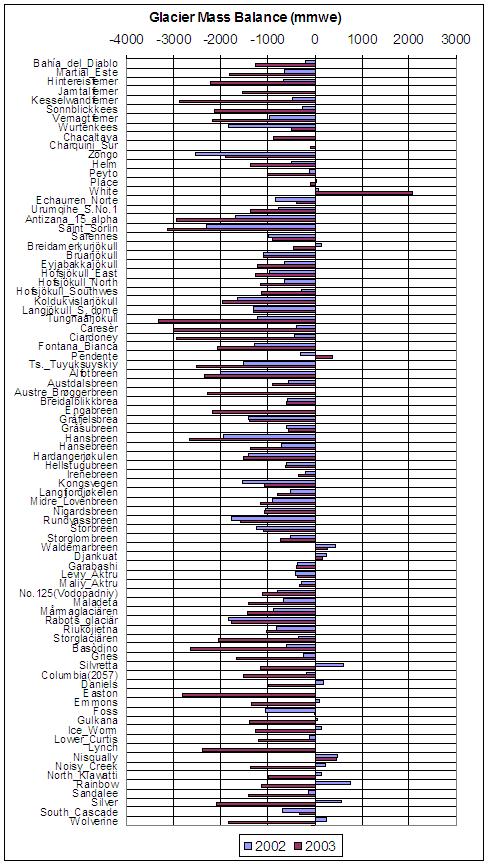Tuesday, October 14, 2008
Subscribe to:
Post Comments (Atom)
Having my say, so...


Anarchist, a libertarian who wants as little government or state as conceivable, as little corporate/industrial organization as possible, as few community institutions as necessary, essentially preferring to be left alone to the company of others, or not, as they see fit, individually.
Bureaucrats, state administrators and employees.
Collectivist, a communitarian system of state ownership in which all decisions in socio-economic matters are made by the state for the good of the whole.
Communist, essentially a communitarian system, in which rationally planned production causes capitalism to unknowingly create its own successor. The politics of communism are both pragmatic and ideological in differing degrees depending on the nation and the governing style of its leadership, the goal being to aid the emergence of post-capitalist socio-economics.
Communitarian, someone who believes that community values govern individuals and the economy.
Commonwealth, a communitarian system in which charters from the Crown are used to control private ownership of national lands in order to provide free-hold commoner-citizens equal rights as governing classes in regards to accessing bounty from common food & water lands.
Cooperative Commonwealth, a system in which
non-landed commoner-citizens also have access to the bounty of the nation.
Conservative, a communitarian traditionalist who seeks to preserve the status quo of the past, in every stage of political evolution. In economics, one who supports the power of the holders of the status quo to regulate business in the best interests of the status quo holders.
Democrat, someone who believes that political and economic freedom is achieved and maintained by egalitarian government with the aid of a responsible state.
Government, temporary overseers of a given State in charge of establishing and overseeing the implementation of policy.
Green, a social movement, more than a political one, rooted in transforming consumer/producer paradigms before we kill ourselves off. In politics, it is rooted in the essential biological reality of symbiosis, in which bio-regional-localism and planetary necessities are weighed as mutual benefits for both individuals and communities.
Liberal, a libertarian who uses government to establish equity for individuals from social groups excluded from the commonwealth. In economics, one who generally supports a mixed economy in which competing interests are balanced through regulation, with a preference for laissez-faire capitalism.
Libertarian, someone who believes that an individual's freedom should seldom be limited by a community or a political-economy.
Progressive, a believer in humanity's ability to save itself through technology. Can be liberal or conservative in practice.
Republican, a system devised by Plato in which a succession of guardian classes govern society, a succession that is necessitated by the compromised integrity of the guardians whose pursuit of private property and profit make them unfit to govern. The initial guardians are warrior philosophers who own nothing, their phase decays into a timarchy, which rules as the military and the priests, followed by the rule of oligarchs, which is an alliance of police and business; leading to consumer democracy, in which everyone is pursuing property and profit at such frenzied rates that the final stage of republicanism is reached, the rise of a popular tyrant who restores law and order with force.
Social Democrat, a communitarian who believes that responsible government is the best means of achieving social equality and economic stability.
Socialist, a communitarian who believes that the state is the best means to ensure social equality and economic stability.
State, the ongoing overseer of government administration.
Tory, from Irish history, a supporter of the divine right of Kings to rule, and by extension in modern times, a believer in the divine rights of ruling classes to rule.
No comments:
Post a Comment